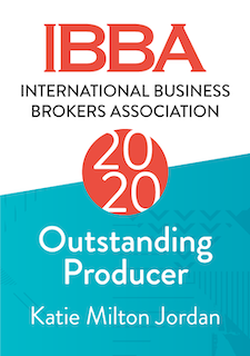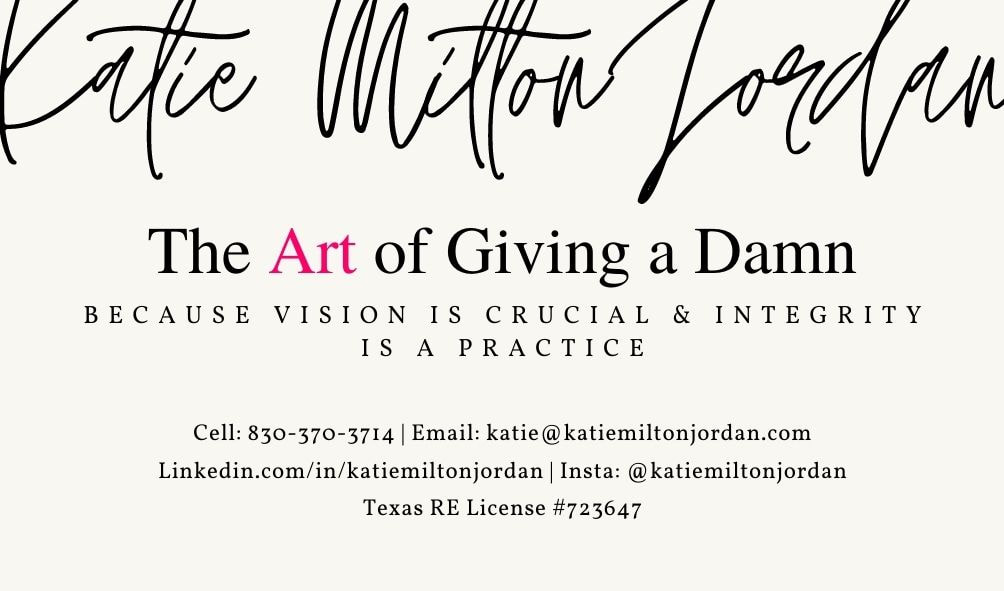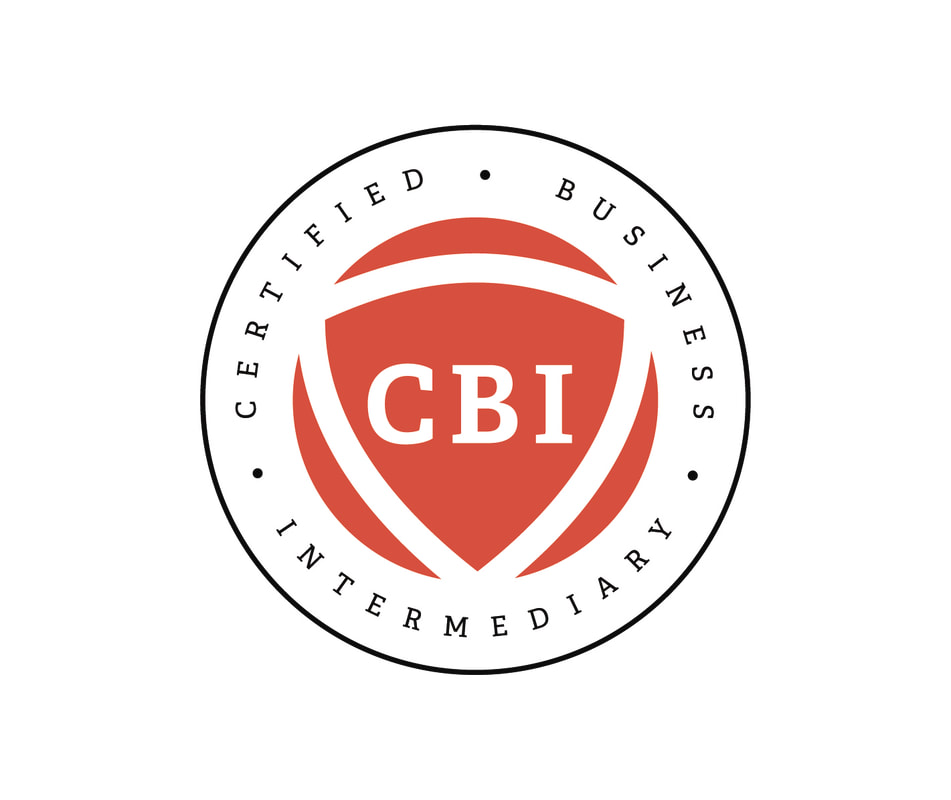|
Over the last two years, we’ve all been a bit all over the place. From experiencing the initial uncertainty of COVID to now being in a bit more stable place, it’s been a very long and very strange trip.
Our current environment still has an underlying note of uncertainty and fear but we now have hope. Hope for the future and hope for what it brings. The economy is up and unemployment is at a low: so what does this mean for selling your small business? There’s so much information out there. So much information you may need and so much information you can really just ignore, especially when it comes to making BIG life decisions. One of those decisions (which probably landed you here) involves selling your business, specifically who you need to help you sell your business and what those people actually do.
So let’s jump right in. You’re not alone in selling your business and I’m going to break down each key player you need in your arsenal to help you cross the finish line. (Ideally, a business owner will have an established relationship with each of these advisors and the transaction goals will dovetail with other previously established strategies like tax sheltering strategies, wealth building strategies, liability mitigation strategies.) Business Broker. In an exit planning situation, a business leader should first find a business broker that is the right fit for them. Specifically, I believe it's important that the owner and broker have good rapport and high levels of trust with one another. The business owner should hire a broker that has high levels of integrity, competence, and grit. Be wary of professionals who only tell you what you want to hear... It is not uncommon for a broker to list a business for sale at a price that is unrealistic because the owner "wants" that price for it. Just because an owner "wants" that price doesn't make it so and in fact can hurt the listing if the listing price is inflated. In the transaction, the broker will be the lead advisor that manages the overall project and coordinates the other advisors. When the business owner is within 3-5 years of their desired exit (and in some cases even sooner) the business owner should form a relationship with the broker that will lead this team across the finish line. CPA. Please tell me you’ve worked with a CPA regarding your small business before. And if you haven’t, now is the perfect time to start. In order to sell your company for the highest valuation, you’ll need 3-5 years of professionally kept books to pass off to any potential buyer. You need a CPA. In terms of actually selling your company, a good CPA will have already worked with you regarding any tax strategies for your business. Your CPA will also take into account the long-term impacts of selling your company and will have a plan in place to address them. Wealth Advisor. Most business owners will have an existing relationship with a financial planner/ wealth advisor to know what savings goals are needed for retirement. Likely, you already have some sort of framework of a plan in place for your financial future. Working with a wealth advisor when selling your company is crucial to achieving your long-term financial goals. Attorney. In business transactions, "time is of the essence" or more plainly stated, time kills deals. It is critical that the deal team move as fast as possible to closing but only the owner and the broker are financially motivated to do so. Usually, the other professional advisors on the team are compensated on retainer or hourly. The business owner likely has an established relationship with an attorney to ensure the business entity is set up correctly according to local and federal laws and the owner's liability is mitigated. Due to the nature of the work, attorneys can be the most difficult to get across the finish line because they are hired to protect one from any and all possible risk. Risk is inherent in EVERY business transaction so if left unsupervised, attorneys will turn a deal inside out and upside down from now until the 2nd coming of Christ..... This is ill-advised. Go, Team! These advisors are your A-team when selling your business and are there to support you and help you achieve your long-term goals. Ideally, the wealth advisor, CPA, and attorney have taken into account the future impact of the business sale and have a long term plan in place for your financial health. As the saying goes, timing is everything and this is particularly true with your exit team. Each professional on your team has a different relationship with your final outcome of the deal and acts at different times in different stages of the deal. Make sure everyone is on the same page in terms of what YOU want, what YOU need, and when THEY need to step in and be involved. (Don’t worry, your friendly exit coach can also help coach you through this.) Still need a little guidance or just need to talk to someone about getting started? I’m here for you. Click here to book a complimentary call with me today so we can chat about your business needs for the New Year! Selling a business is hard. Selling a small business is even harder. But not impossible. And, lucky for you I happen to know how to sell them. Today, I’m going to give you my top tips and tricks for selling your small business by improving your valuation.
1. One thing I’m going to harp on before we dive in is seller’s discretionary earnings, or SDE. Consider the potential buyers for your business. Chances are, most business buyers will either want mailbox money or want to be an owner/ operator. With smaller businesses, the owner/ operator buyer candidate tends to be a corporate refugee. Picture this: someone that’s tired of the 9-5, makes great money and receives full benefits but just wants to be in charge of their own growth. These refugees will not purchase smaller companies that pay the owner/ operator less SDE per year than their current salaries to work more hours. If you wouldn’t take the same deal, why would they? So we have to make your business attractive to these refugees seeking freedom from their corporate bonds. 2. Focus on your business’ profitability. A small business with remarkable profit margins will be instantly more attractive to any potential buyers. (One way to increase profits by thinking outside of the box is by acquiring another company instead of growing organically. I know this isn’t the least expensive way to increase profits BUT it will increase the size of your company, grow your profits, and make your business that much more appealing to potential buyers. Win, win, win.) 3. Make as many things as possible automated. The less a prospective buyer has to do to manage the day-to-day, the more attractive your business. Please don’t be that business owner that has ten different email accounts all on an outside server to handle the daily running of your company. Please don’t be that business owner that has some quirky way to remember when to pay their business license. Please automate as much as possible and (extra credit opportunity!) keep a record of EVERYTHING. Put yourself in the buyer’s shoes: the former owner hands you a an operations manual detailing how to run the whole business. Sounds pretty great, right? 4. Work in the business as little as possible. Many potential buyers will not want an investment that takes the bulk of their time. If the business does not need your constant attention, chances are that it won’t need a buyer’s either. Find ways to slowly step away from the daily grind of managing the operations and automate them OR designate them to employees. 5. And, my #1 piece of advice: have accurate, professionally done books that cover your last 3 - 5 years in business. I can’t stress the importance of this one enough and if you don’t take any other pieces of my advice, please just take this one. A buyer needs to know what they’re buying. They need to know how you’ve run the business and where they can expect the business to go when they take over. And you know what accomplishes this? A history of professionally done books for the last 3 - 5 years. I promise, your investment will be repaid in spades. We’ve covered my top pieces of advice to make your small business more attractive to buyers by improving your valuation but maybe you need just a bit of one-on-one coaching. Because I want you to succeed and I want your business to sell for as much money as possible, I’m more than happy to talk to you. Seriously. Click here to book a FREE call with me today so we can talk about how I can best help you and how we can get your business sold! Recently, yours truly was recognized by the International Business Brokers Association (IBBA) with an Outstanding Producer Award for outstanding performance in 2020. I’m sure you’re thinking: cool, so what does that mean to me? So glad you asked!
“Business Brokers support the health of small businesses and communities worldwide, and these award recipients are among our industry’s best,” stated IBBA Executive Director, Kylene Golubski. “2020 presented many unique challenges, yet these individuals rose to the occasion and delivered impressive results.” So now that you know I’m actually worth my salt, maybe you’re considering working with me. Below, I’m doing something I rarely do and opening up a bit more about myself and my business so you can get to know me. Still want more? Click here to book a FREE consultation with me! One of the questions I’m most often asked is how long will it take my business to sell? Trust me: I wish I had a magic crystal ball that could tell you.
Unfortunately, I don’t have a crystal ball and there’s not a simple answer to that question because you have to take so many things into consideration. So let’s break down a few common questions to determine just how long it will take to sell your business. |
Author
Archives
August 2022
Categories
All
|

Katie Milton Jordan :: Texas Business Broker
222 Sidney Baker Street South Suite 213 Kerrville, Texas 78028 Open M-F 9am - 5pm & by appointment 830-370-3714 |
Made with ❤️ in Kerrville :: Soon to be the Small Business Capital of Texas.


 RSS Feed
RSS Feed



